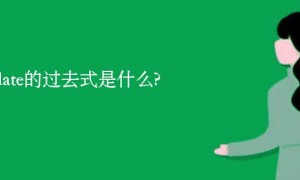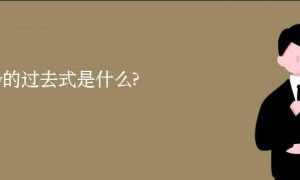therefore, accordingly, consequently, hence, so, then, thereupon, thus
这组词共同的意思是“因此; 所以; 于是”,它们的区别是:
1.so, then和thus是一般用词; accordingly, consequently, hence, therefore和thereupon是正式用词。
2.so和then常用于简洁的日常谈话,语义较轻,只表示因果关系或逻辑顺序,而不一定表示严格的推论关系。
3.accordingly, consequently, hence, therefore, thereupon和thus都表示因果关系。accordingly语气较缓和,常译为“于是”; consequently一般不强调因果间的必然联系,而只是根据逻辑推理得出的结果; hence表示合理的推断,指出原因及其必然结果,但更强调原因; therefore强调因果间的逻辑关系,多用于表示严密推理或精确论证的郑重场合,故常用在数学、逻辑学等领域; thereupon则指“作为…的结果”; thus的意思和hence, therefore相近,但更正式庄重。
4.accordingly常位于(分句)句首或句中; consequently, hence常位于(分句)句首; so只用于分句句首; then常用于分句句首,有时用于句末; therefore和thereupon常用于(分句)句首,有时用于句中; thus常用于(分句)句首。
5.consequently, hence, so, then, therefore和thereupon前有时可加and; accordingly前偶尔可加and; thus前一般不可加and。
6.hence常引导省略句; thus还可跟现在分词短语表示结果或目的。
therefore, somehow
两者含义并不相同:therefore的意思是“因此”,上文要交代原因或理由; somehow的意思是“反正”,上下文无需说明原因或理由。例如:
He is not honest; therefore I don't trust him.他不老实,因而我不信任他。
Somehow I don't trust him.反正我不信任他。
accordingly,consequently,hence,so,therefore,thus
这些连接副词均有“因此,所以”之意。
accordingly书面用词,强调根据某种原因而得出的结果,其前可用冒号或分号,但不用逗号。
consequently正式用词,侧重符合逻辑的结果。
hence较正式用词,指接下来的东西是理所当然的必需的东西,但强调其重要性。
so用于比较随便的场合,口语中多用。
therefore通常指引出一个推断出的必然结论。
thus多用于书面语中,可与therefore换用。










